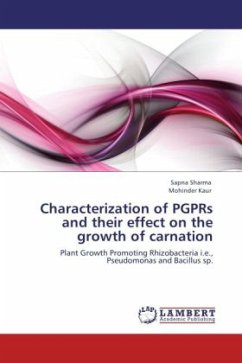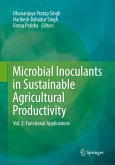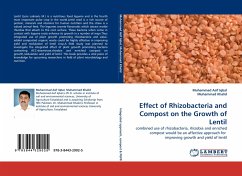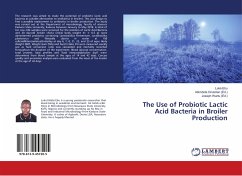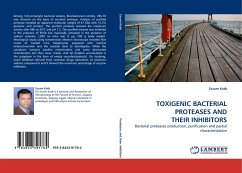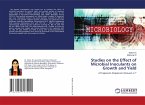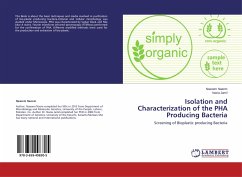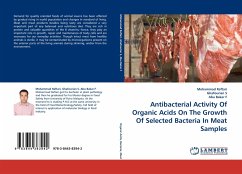The new environmental criteria and the necessity to enhance the agricultural output for feeding the world population and fulfilling its other requirements have made it necessary to invent new technologies. In recent years, the interest in soil microorganisms has increased because some of these microorganisms can promote the growth of plant or to avoid the attack of soil borne plant pathogens. These beneficial bacteria are usually referred to as a plant growth promoting rhizobacteria or PGPR or by one group of workers in China as yield increasing bacteria or YIB. Pseudomonas and Bacillus species are the most diverse and versatile group of indigenous microflora of almost all the horticulture and forestry crops. They are potential sources of diverse and useful metabolites that are important agriculturally, industrially and biotechnologically. Their potential to synthesize different secondary metabolite with different biological activities is the important function of soil fertility and sustainability of crops. They affect the soil properties, chemical composition of plants an
Bitte wählen Sie Ihr Anliegen aus.
Rechnungen
Retourenschein anfordern
Bestellstatus
Storno

